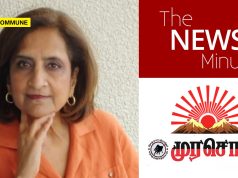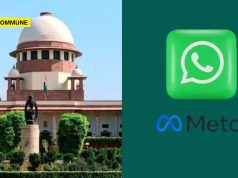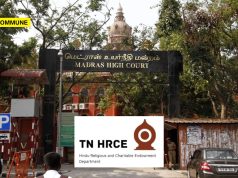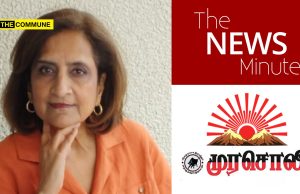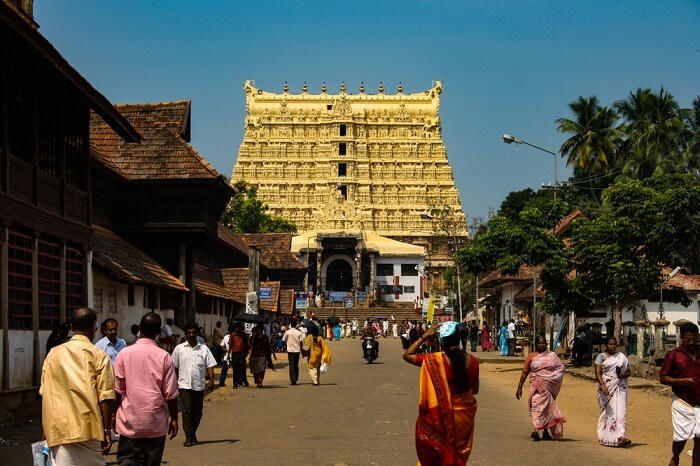
On Monday, The Supreme Court upheld the rights of the Travancore royal family in the administration of Sree Padmanabhaswamy Temple in Kerala, setting aside the 2011 verdict of the Kerala High Court which directed the State government to set up a trust to take the management’s control and the assets of the Temple. It is to be noted that the Sree Padmanabhaswamy Temple shot to fame as one of world’s richest temples after the renowned discovery of wealth locked in ‘kallaras’ (vaults) for centuries together.
This temple stands as an architectural endeavor built in granite with the history dating back to the sixth century and was rebuilt in its present form in the 18th century by the Travancore Royal House that had ruled the southern Kerala and some adjoining parts of Tamil Nadu before its integration with the Indian Union in 1947. Even after India’s independence, the temple continued to be governed by a trust belonging to the erstwhile royal family for more than 1,000 years. On the petition of former IPS officer TP Sundarajan, the Supreme Court had stepped into the dispute over temple’s management in 2011. The temple had been managed by a committee headed by the district judge and executive officer, as per the directions of the Supreme Court. The apex court ruled on Monday that the judge-led administrative committee will take care of temple affairs as an interim measure.
The Supreme Court verdict talks about the controversy over the administration and management of the historic temple that has been pending in the apex court for almost a decade. In the stir of charges, the ownership, control and management of the temple trust is to be retained with the erstwhile royal family of Travancore or by a Devaswom board controlled by Kerala government. The Kerala High Court in its verdict on January 31, 2011 had directed that the state government to take further steps to set up a body or trust to take control of the temple, its assets and management and to run the temple in accordance with the traditions. However, the Supreme Court had on May 2, 2011 stayed the High Court’s direction. The same day it had also directed that there shall be a detailed inventory of the articles, valuables, ornaments in Kallaras (vaults) A to F, but had later clarified that Kallara B would not be opened without express orders of the apex court. SC had said it would examine the claims that vault B contained extraordinary treasure with “mystical” energy.

